ABOUT OUR GROUP
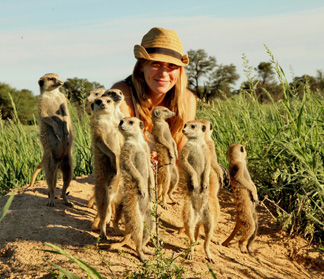
Claire Sanderson
Research Associate, Wildlife Disease and Conservation
Research Summary:
Claire Sanderson joined Dr. Alexander’s lab in September 2011 as a postdoctoral research fellow. She earned her PhD in Veterinary Science at the University of Sydney. Her work focused on the intersection of infectious disease, genomics, and immune gene diversity in the study of marsupials and monotremes. She has worked on diverse host-pathogen systems from DFTD in the Tasmanian devil to Mucormycosis in the platypus. Following her PhD, she moved to South Africa where she was a senior research assistant for the University of Zurich studying the behavioural ecology of slender mongooses and meerkats in the Kalahari Desert.
Her current research in Dr. Alexander's lab is directed at exploring behavior influences on host-pathogen interactions using the banded mongoose and the emergence of Mycobacterium mungi, a novel strain of tuberculosis. Dr. Sanderson also studies the role of Allee effects in social carnivore populations, the role of group size on functional gene diversity in African wild dogs and is currently working on Dr. Alexander’s NSF-funded project exploring the transmission dynamics of microorganisms between human and wildlife populations, and how this influences water quality in the Chobe region of Botswana.Her research interests broadly encompass behavioural ecology, disease ecology, conservation biology and population genetics.
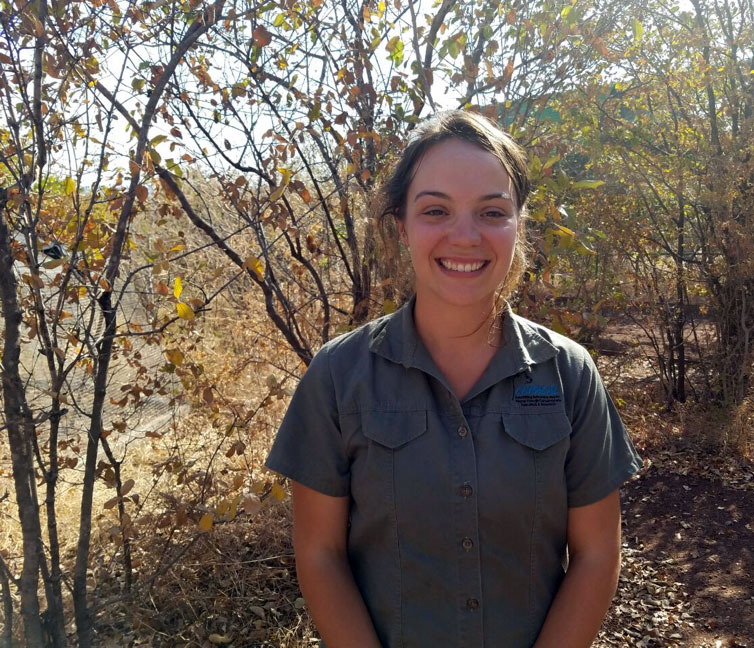
Carol Anne Nichols
MS Student, Wildlife Conservation
Research Summary:
Carol Anne joined Dr. Alexander's lab in Fall 2015 to pursue her master's degree researching how variation in perceived risks by banded mongooses (Mungos mungo) across heterogeneous landscapes affect particular behaviors known to influence disease transmission of Mycobacterium mungi. She earned her B.S. in Wildlife Science and Forestry at Virginia Tech. She has assisted with a wide range of field projects and while assisting with research projects for CARACAL in northern Botswana she became interested in the ongoing-banded mongoose project.
For the current project, she will document banded mongoose behavior from camera-trap photos placed in locations across the region varying in both anthropogenic and natural influences. Her experience in both the United States and Botswana has sparked her interests for understanding how heterogeneity across the landscape ultimately influences wildlife populations.

Sarah Medley
Masters Student
Sarah Medley joined Dr. Alexander's research lab in Spring 2017 to pursue a Master's degree. She earned her B.S in Environmental Science with a concentration in Biology from The University of Virginia's College at Wise in 2015. As an undergraduate she received NSF funding through the Virginia Tech StREAM Lab REU to identify fecal contamination sources in Blacksburg using microbial source tracking techniques, and she worked on various projects with NASA DEVELOP National Program exploring the applications of remote sensing data to community concerns. Prior to pursuing her Master's she worked as a Watershed Technician with Trout Unlimited and the Forest Service in West Virginia.
Her research interests include resolving problems in water quality and watershed management, and the impacts of poor water quality on human and ecosystem health. Her current research project will focus on using microbial source tracking to identify hot spots of fecal contamination in the Chobe River study area. Her data will contribute to understanding how water quality may be impacting human health outcomes in Northern Botswana.
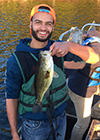
Kelton Verble
Masters Student
My research interests include wildlife conservation genetics, disease ecology, and population dynamic assessments. I earned my B.S. in Wildlife from Purdue University in May of 2016. As an undergraduate, I provided assistance for various research projects that introduced me to genetic analysis and disease surveillance techniques.
For the current project, I will be using microsatellite genotyping together with observational data to determine inbreeding, relatedness within and between banded mongoose (Mungos mungo) troops. I will also be estimating troop dispersal and fusion/fission events across a diverse landscape. The resulting outputs will be incorporated into infectious disease transmission models dealing with a novel, emerging tuberculosis pathogen (Mycobacterium mungi) infecting banded mongoose in Botswana.
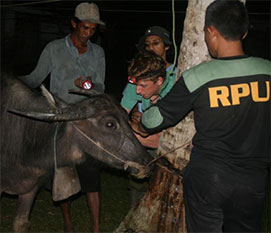
Nathaniel LaHue
Veterinarian – Botswana Field Site
Nathaniel LaHue joined Dr. Alexander's Lab in February 2016. He earned his DVM from Cornell University in 2013 and received a Master's in Preventive Veterinary Medicine from UC Davis in 2015. His Master's researched focused on spatially evaluating the factors affecting transmission of tuberculosis between livestock and wildlife in Spain. Additionally, he has experience in clinical livestock and wildlife medicine.
Nate splits his time at CARACAL between providing veterinary care for the center's animals and injured wildlife, serving as laboratory manager, and conducting several research projects. Nate's current research projects include an assessment of Cryptosporidium in the wildlife of Chobe National Park and protozoal causes of diarrhea in communities of Kasane and Kazungula. He also provides veterinary assistance including immobilizations and necropsies to the banded mongoose projects, among others.
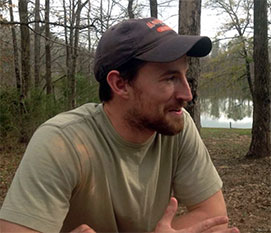
Mike Heneghan
Wildlife Ecologist – Botswana Field Site
Mike Heneghan joined Dr. Alexander's lab in 2016 as a Wildlife Ecologist. He earned a M.S. from Auburn University in 2016, where his research investigated the potential for human-black bear conflict amid growing bear populations in Alabama. Prior to his time at Auburn he worked for the Arizona Game and Fish Department on their Sonoran pronghorn population recovery project, and spent time researching landscapes of fear in Samango monkeys in the Soutpansberg Mountains of South Africa. He earned his B.S. in Forestry (Conservation Biology) from Northern Arizona University in 2012.
Mike's primary role with Dr. Alexander's lab will be coordinating the banded mongoose project. This project aims at understanding how various environmental, social and behavioral factors may influence infectious disease transmission pathways and infection probabilities in social carnivores, using banded mongoose and Mycobacterium mungi as a model study system. Mike will also help lead data collection on the Chobe River water quality research project and participate in a number of other wildlife projects for CARACAL. His broader interests involve understanding and addressing the issues that arise along the growing human-wildland interface, where human and wildlife communities must cooperate in order to share vital resources.
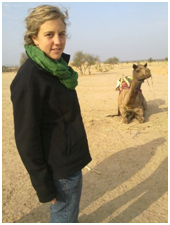
Stephanie Joos-Vandewalle
Field Project Manager – Botswana Field Site
Stephanie Joos-Vandewalle joined Dr Alexander's Research Group in 2015 as a Field Research Manager. She has completed a BSc (Honours) in Environment, Ecology, and Conservation and an MPhil in Environment, Society and Sustainability. Her Master’s thesis, which investigated natural resource use along the rural-urban continuum, was completed in collaboration with Dr. Alexander, Virginia Tech and CARACAL. She has also volunteered for CARACAL in the past, assisting Dr. Alexander with a range of field projects. Stephanie is keenly interested in community and environmental sustainability. Her current work includes the management of field projects being conducted in northern Botswana under Dr. Alexander’s program. Stephanie will be coordinating the Alexander research program, particularly the human/environment interactions, community livelihoods, and conservation elements of this work. She will also facilitate undergraduate and graduate student activities at the field site.
Undergraduate Students

Madalyn Fox, Animal & Poultry Sciences |
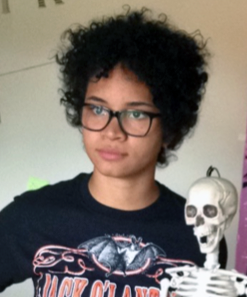 Michelle "Max" Wright, Wildlife Conservation |
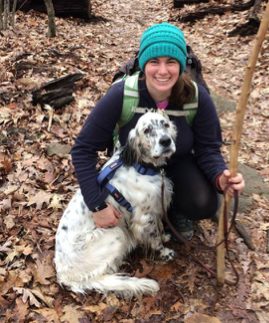
Emily Schlake, Wildlife Conservation & Animal and Poultry Sciences |
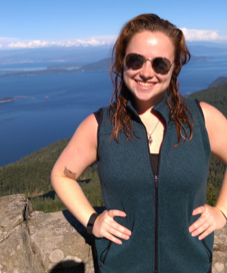
Alexandra Ives,
Wildlife Conservation |
 Amelia Hayden, Wildlife Conservation & Geography |
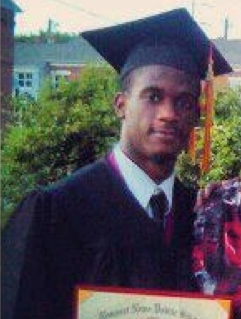 Omar Huggins Wildlife Conservation |
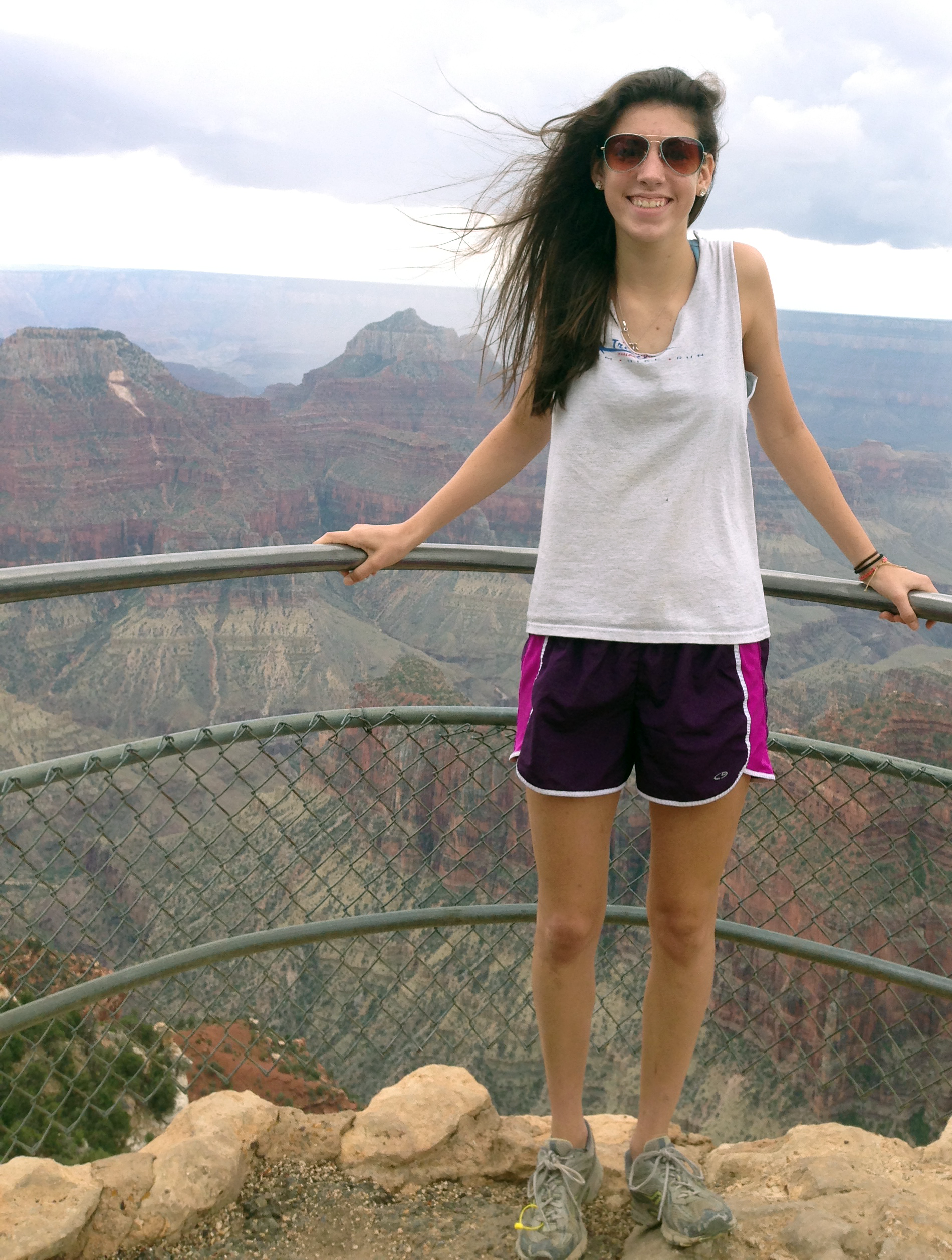 Morgan Kretzing Animal and Poultry Sciences |
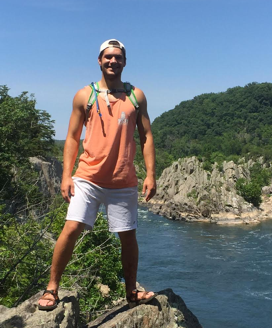 Andrew Kurowski Wildlife Conservation |
 Lanie Epper Wildlife Conservation |
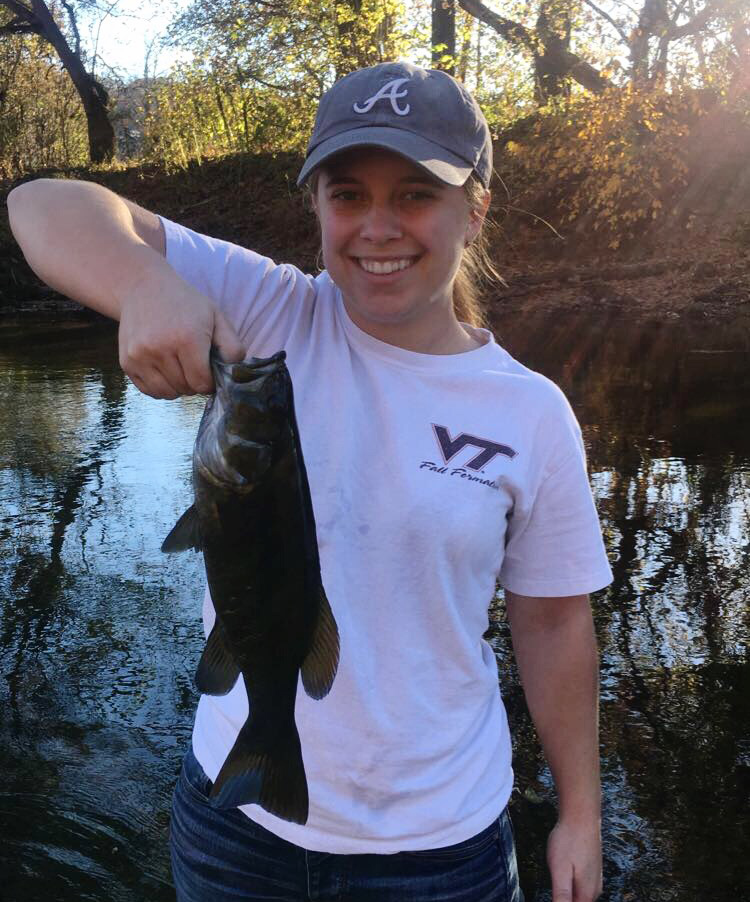 Mary Alice Blythe Wildlife Conservation |
Amanda Bailey Isabel Dowty |